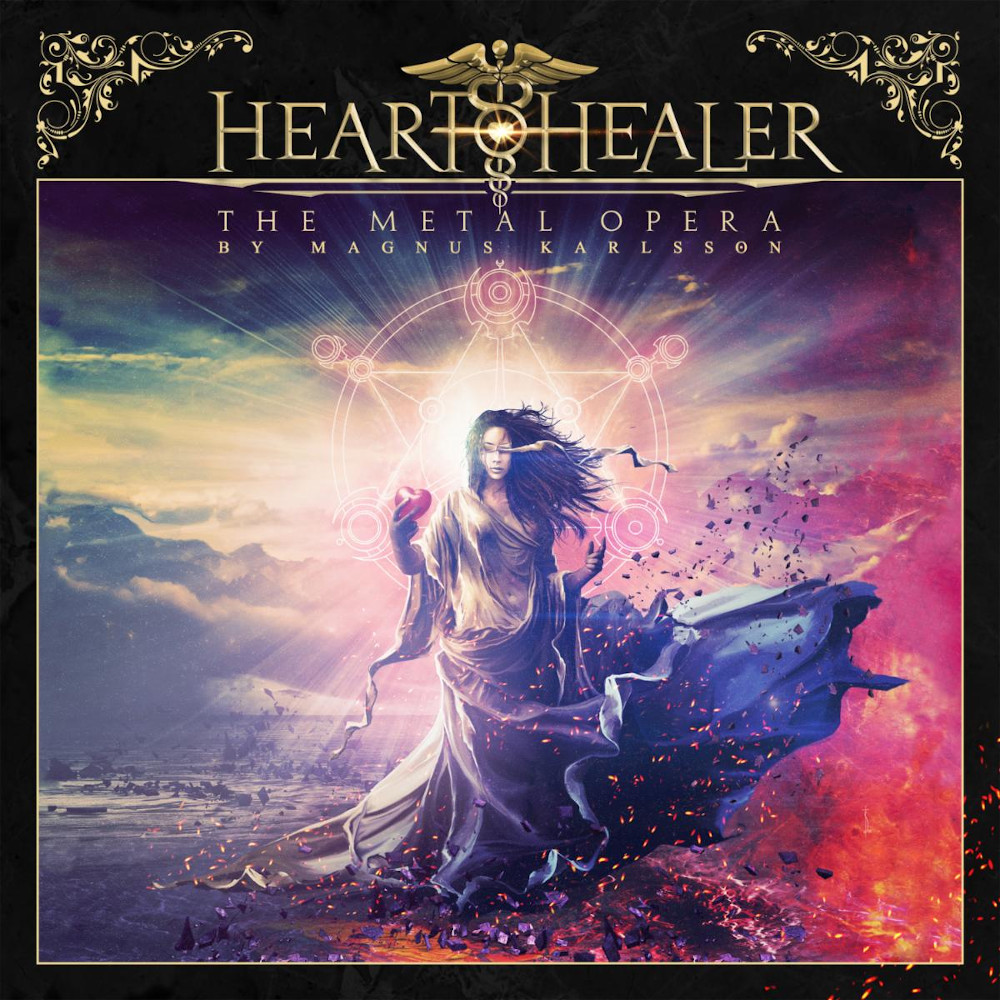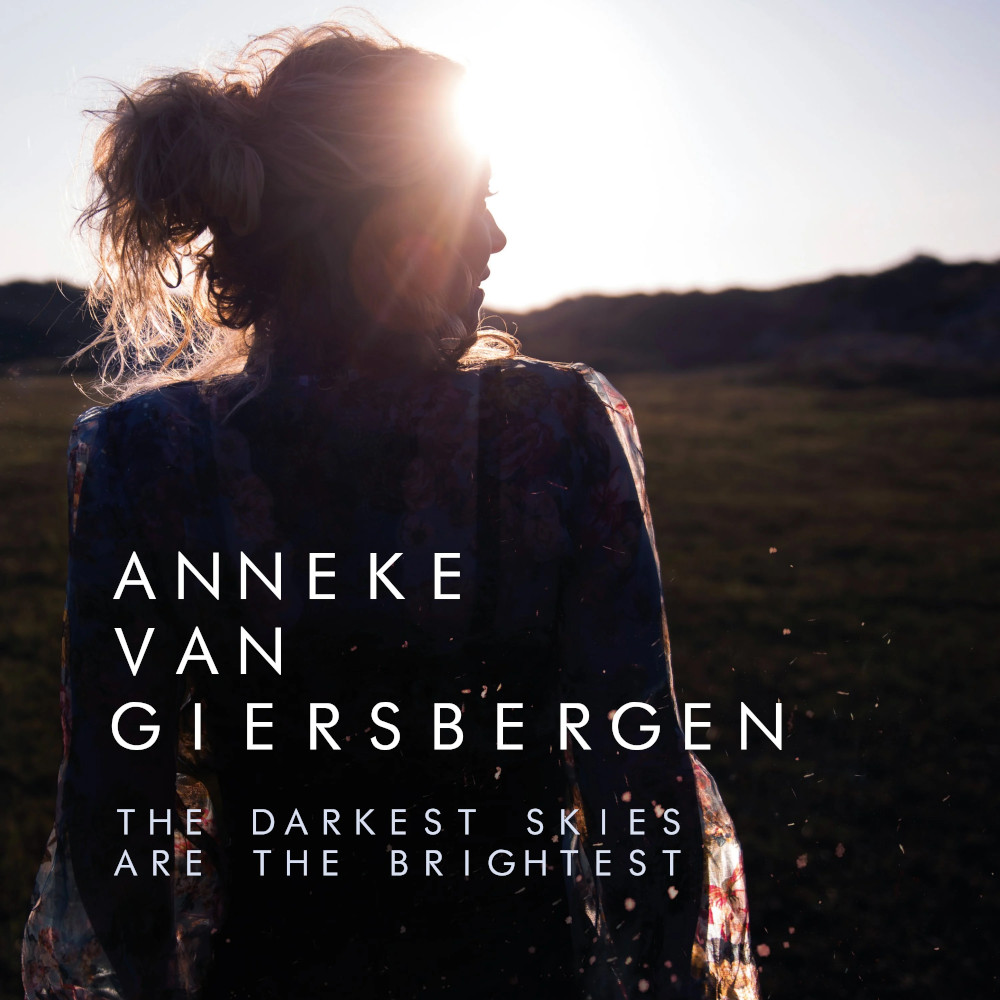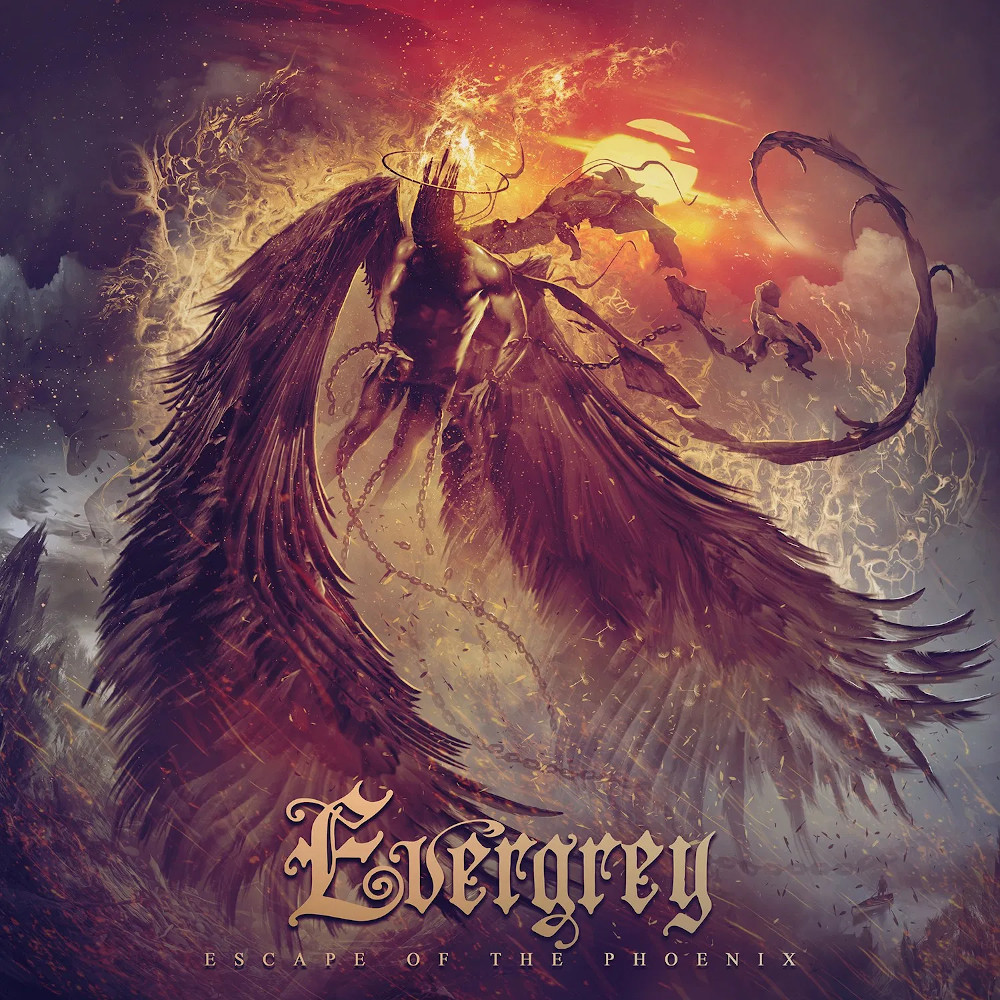 |
Country: Denmark
Style: Melodic/Hard Rock
Rating: 9/10
Release Date: 12 Mar 2021
Sites: Facebook | Instagram
This may be the growingest grower of an album I've heard since starting up Apocalypse Later. I liked it on a first listen. Real is smooth, commercial and engaging. Scorpio adds bubbly ,organic keyboards and some harder edges too when needed. Then the title track makes it even more interesting, kicking off with soft piano, atmospheric synths and ballad vocals, before erupting into Meat Loaf bombast as the chorus hits and eventually turning into a neat hard rock song. It's clearly good stuff.
Then I listened through the rest and let it automatically replay. After about half a dozen times, I knew that I just didn't want to press stop and move on to something else. I'd made some notes the first time through. Next up are Subjugated and Frequency of Love, which are two songs that do much the same thing in much the same way, and I found that I was subconsciously trying to sing along without actually knowing any of the words. That was telling.
I jotted down some obvious comparisons as well. Beyond the Meat Loaf in One Shot, there's a strong Whitesnake vibe in Miles Away and a Tom Petty feel to When Dreams are Not Enough. Mostly, though, this sounds like Ronnie Atkins, which is pretty appropriate given that it is Ronnie Atkins, rather a long way into his career since I first heard Red, Hot and Heavy by Pretty Maids back in 1984. This album is a lot slicker and more mature than that one and he's really grown into his voice but t's not going to be a great surprise to fans. This is what he does in well packaged three and four minute chunks.
And what's important here is that he does it really well. I gave up taking notes after my first listen so I could concentrate on just enjoying the album. After four or five times, I took my virtual pen back up to write down the best songs and my favourites. What's most telling is that I found myself writing down pretty much every track on the album. I just went back to Before the Rise of an Empire, not because it plays the best to me but because it's the only song title I didn't write down as a highlight. It's a pretty good song, bouncy and engaging and with a neat instrumental section in the middle. I like it a lot and yet I guess it's the weakest song on the album. That realisation was a real wake up call.
Another wake up call is the fact that Ronnie Atkins was diagnosed with lung cancer a couple of years ago, not a pleasant prospect for anyone but especially for a professional rock singer. By 2020, he had the added news that his cancer had developed into stage four, meaning that it had spread. Given that knowledge, it's amazing to me how this album feels so bright and cheerful. It's melodic rock with each song memorable even before it reaches its killer hook and some of these choruses are so catchy that I could imagine Abba covering them. I think my favourite is Picture Yourself, which is glorious, but it's a nudge only above Real and Subjugated.
Backing Atkins on guitar and keyboards is his current Pretty Maids cohort Chris Laney, with a couple of former Pretty Maids bandmates joining them on drums and keyboards: that's Allan Sørensen and Morten Sandager respectively. The only non-Pretty Maids alumnus is Pontus Egberg, who's the bass player in King Diamond's current band. Guesting on guitar here and there are a number of names of the quality of Europe's Kee Marcello, At Vance's Oliver Hartmann and HammerFall's Pontus Norgren. Between them, they stir up a vibrant and rich sound.
This is one of those albums that I don't want to stop listening to. It was obviously at least a 7/10 from my first time through, but it quickly rose to an 8/10 and I think I have to go with a 9/10 by this point. It just keeps on growing on me and it's already essential. Just don't ask me to pick a favourite. If I gave you one right now, it would change in five minutes when it rolls onto the next one. Just buy the thing already!





















